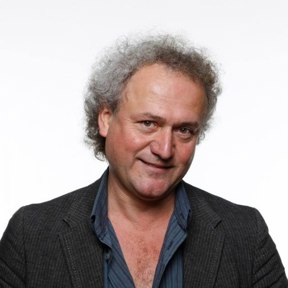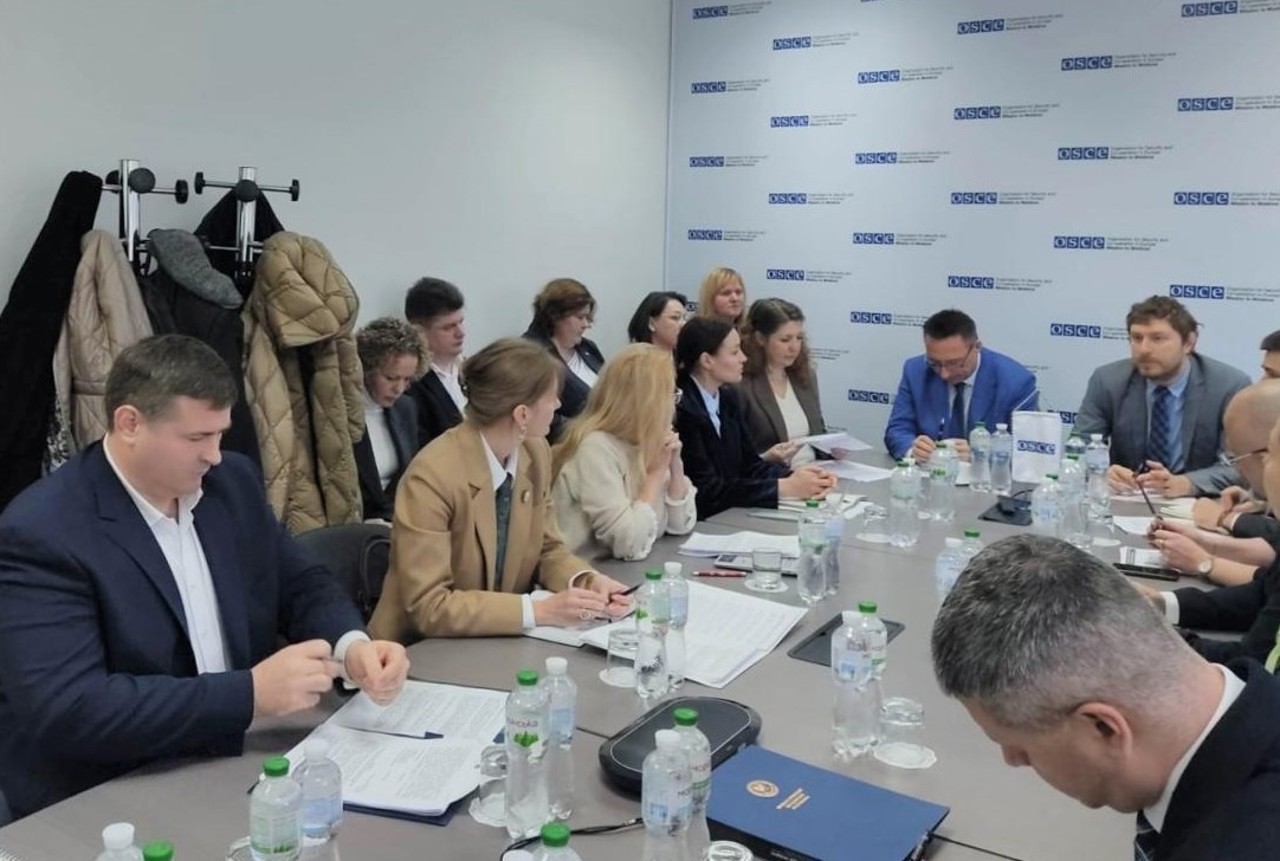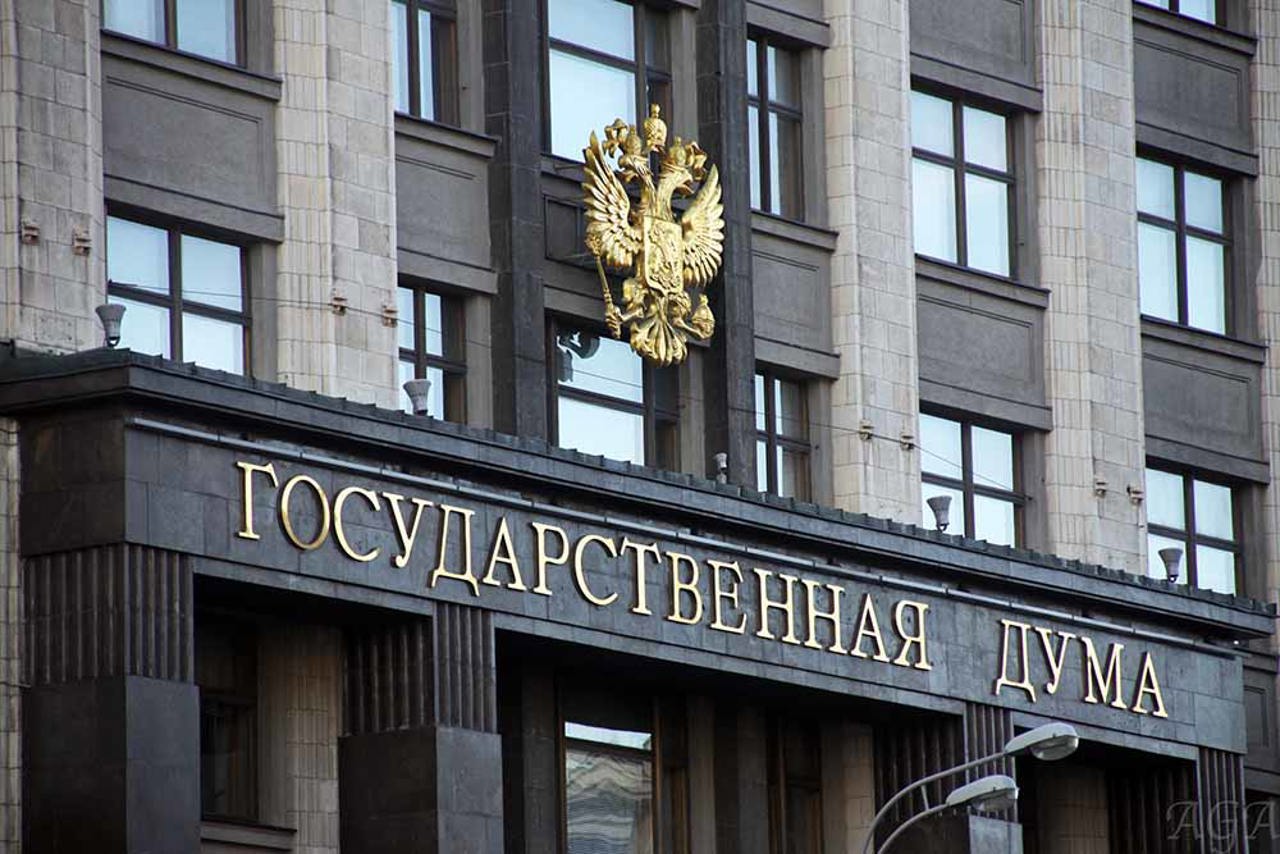Moldova Summit: EU anchors future in Chisinau
Holding an EU summit in the capital of a candidate country is uncommon. Summits of the leaders of the 27 EU member states usually take place in Brussels, the EU's de facto capital, or, occasionally, in the country holding the rotating EU presidency, currently Denmark.
Candidate countries don't typically host such summits, which lends an exceptional dimension to the visit of the leaders of the main European institutions to Chișinău. Specifically, these are the President of the European Council, António Costa of Portugal, and the head of the European Commission, Ursula von der Leyen of Germany.
This summit presents a unique opportunity to underscore the strategic importance of the Republic of Moldova's future within the EU and the strength of our cooperation at a crucial juncture in the country's democratic development and its European trajectory.
From the perspective of Chișinău or Kyiv, it's sometimes easy to overlook that no fewer than nine countries enjoy candidate status. Alternatively, we could say seven, considering Georgia's status has, for now, been suspended, much like negotiations with Turkey have been temporarily suspended—for an indefinite period—due to obvious reasons concerning autocracy in both countries. Beyond the Republic of Moldova and Ukraine, there are also five candidate countries in the Balkans—former Yugoslav republics plus Albania—and four of these are quite advanced in negotiations.
Additionally, three of these—Albania, North Macedonia, and Montenegro—are also NATO members. Of course, the two institutions are entirely separate, and several EU countries—Austria, Cyprus, Ireland, and Malta—are not in NATO and have no intention of abandoning their neutrality.
The support extended to Moldova by organizing this summit in Chișinău naturally serves to anchor the Republic of Moldova in the grand concert of a united Europe. It also indicates that EU leaders are simultaneously concerned with the internal political situation, as well as the preparation, conduct, and outcome of the autumn elections.
Moldova submitted its EU membership application in March 2022 and was granted candidate country status in June 2022. Accession negotiations officially began in June 2024. By hosting thousands of Ukrainian refugees, Moldova remains a strong ally of Kyiv and, indeed, of Europe. However, this very position also leaves it vulnerable: cyberattacks, disinformation, and interference campaigns. Russia spares no effort to undermine Moldova's democratic foundations.
To support its EU integration and reforms, the EU has offered nearly two billion EUR for the 2025–2027 period. This represents the largest financial support package granted by the EU to Moldova since its independence, serving as further proof that the Republic of Moldova plays an increasingly strategic role in European stability, especially now, at a time when the USA is demonstrating an ambiguous stance toward its support for Ukraine.
EU Summit agenda
EU leaders will reaffirm their unwavering commitment to the sovereignty, security, and resilience of the Republic of Moldova, given the consequences of Russia's war of aggression against Ukraine and its ongoing hybrid attacks against the Republic of Moldova.
Since the onset of Russia's war of aggression against Ukraine, the EU has supported the Republic of Moldova in numerous areas, including:
- humanitarian aid
- security and defense
- border management
- temporary trade liberalization measures
- synchronization of electricity grids
EU accession
The EU will reaffirm its unwavering resolve to support the Republic of Moldova on its path to EU accession.
The EU will welcome the Republic of Moldova's efforts to pursue a robust reform agenda, aiming to strengthen the rule of law and fundamental rights, as well as the fight against organized crime.
Leaders are expected to emphasize the strategic importance of the EU-Moldova Association Agreement, which entered into force on July 1, 2016. They will also take stock of security and defense cooperation between the EU and the Republic of Moldova, which is based on the EU-Republic of Moldova Security and Defense Partnership.
Between 2021 and 2025, the EU allocated 197 million Euros through the European Peace Facility to support the modernization of the Republic of Moldova's armed forces.
The path to EU accession remains long, but the foundations have been laid. The European Parliament's report, adopted in June 2025, highlights the country's continuous efforts despite a hostile context. It calls for substantial pre-accession funding in the next Multiannual Financial Framework (2028–2034), an essential condition for a successful transition.
Translation by Iurie Tataru




